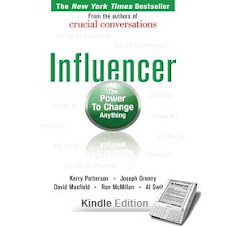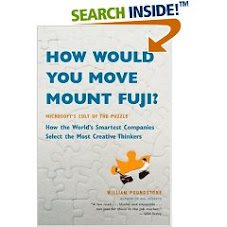The One about Questions about the Humanities
It was a-spur-in-the-moment thing. I was just teaching in my sec 3 class when I shared with the students when I started to share the importance of the humanities. In a society where traditional emphasis is on the EMS, it is no wonder that the Humanities teachers had the unenviable task of enthusing and motivating. Many colleagues teaching other disciplines green-eyed the freedom and flexibility that the Humanities teachers had; it was always a subject that was interesting, with stories, andecotes, with forms and features, with people and achievement, with forms and features, with crises and conflicts. However it is also a discipline which is regarded as the poorer cousin in terms of priority. I remember asking one of the DD during the Meet-the-DD session and I discreetly probe about the issue of increasing the emphasis of the humanities. I got a no-answer answer where he asserted that the very fact that it is considered in the L1R5 already suggested its importance, which of course got me thinking about the next issue - is a subject deemed as important if it is an examinable subject or is a subject emphasized deemed as important?
A colleague passionate about Geography shared with her students that "Geography is the master of all subjects"* She qualified this by highlighting the different aspect of the discipline which showed shades of the other subjects, whether it is maths, science, or even economics. Undeterred I continued my tirade with the class and told the kids that History do not claim to be the master of all subjects but rather it is the training of the mind - You understand the causes and effects, you comprehend the truths and untruths, you differentiated the different perspectives. These skills can be used for all disciplines.
Anyway in class, I told the kids that whatever they learn in humanities in terms of facts, sadly is not really that important (for my discipline to say the least) The most important thing is to find relevance and learning about yourself and to understand about life in its microcosm. I left the class leaving them with more questions. I told them to learn is to expand your horizon, to talk to people, to see, to observe and to listen. I told them that the type of person you are depend on:
1) the books you read
2) the movies you watch
3) the conversations you had and
4) the friends you made
Which of course lead to the last questions - how can one be human when one is oblivious to the humanities?
* In fact one of the students intepret it as the "mother of all subjects" and i countered that by saying history is the "grandfather of all subjects" :P
Monday, August 07, 2006
Subscribe to:
Post Comments (Atom)








1 comment:
Heh. I'm with you here. Still maintain the stand that I took in KI class: The humanities and the sciences are actually very similar.
In science, you need creativity. Where would theories come from otherwise? The idea of cloning started from science-fiction, remember.
And the arts aren't as floaty as all that. In lit, we dissect the language; "this line makes me feel this emotion, because this word has certain connotations to it. In history, as you said, we study things like what led to what and if it could have been different, and if similar circumstances occur, could we change it. In the critical thinking section of philosophy, we dissect arguments and see how the structure works, how certain words act as indicators, how fallacies work.
In fact, a favourite fantasy author of mine (fantasy--as far from reality as you can get) started as a computer software engineer. It turns out there are many people with similar backgrounds in the field, and when asked why, she said the process is similar: "You start with a basic premise, then build it up with language and logic".
The importance of arts and sciences are the same: After all, don't diplomats have to learn to read undertones in language, the way we do in lit, so that they can use it as a tool in negotiations?
And anyone who claims that people taking humanities do less work than those taking sciences needs to be shot: They have evidently never tried rushing out 7 full essays of a minimum of 3 pages each within two days.
In the end, the only difference between sciences and arts is the field of study. Science seems more rigid and concrete because it has to be: the subject matter, namely the physical world, can be dangerous if handled wrongly, and a scientist has to be careful and more rigid in his methods if he does not want a nuclear explosion in his lab. With people in the humanities, our field of study is human nature: the consequences of human actions in history, how rational people react to the economy in economics, how language is used in lit. And it's because we deal with human nature that our methods must be more fluid, because human nature is fluid: the connotations attached to a word may be similar, but not exactly the same for me and you.
And that's all there is to it.
Sorry for the rant >.>
Post a Comment